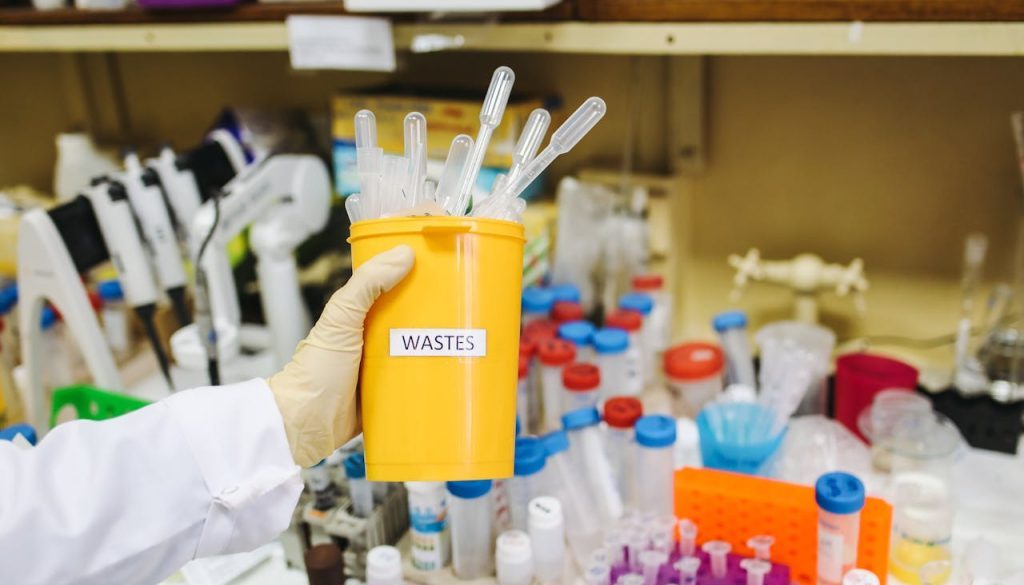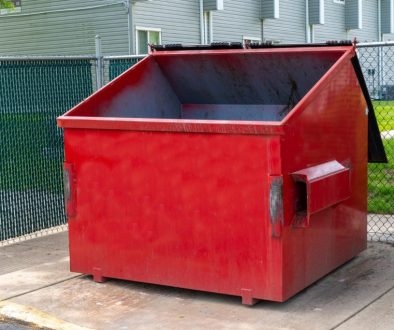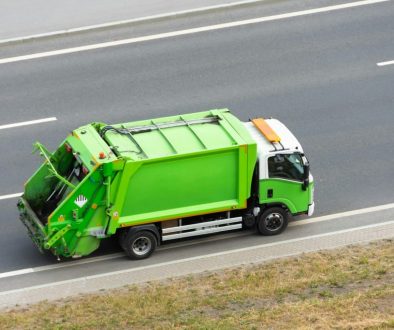In every home, there are common items lurking that count as hazardous waste. These items, often used day-to-day, can pose serious health and environmental risks when not managed properly. Surprisingly, even products as ordinary as bleach, old batteries, and outdated medicines fall into this category.
Handling hazardous waste safely protects both your household and the wider community. Knowing which items need special attention can be the first step in making your home safer. This awareness not only helps in keeping your family from harm but also in ensuring that dangerous substances don’t end up polluting our environment. By focusing on proper disposal and understanding safer alternatives, we contribute positively to our surroundings. Responsible management of these materials is crucial for a healthier space and planet.
Common Household Chemicals
Everyday cleaning products often contain chemicals that can be harmful to both people and the environment. Items like bleach and ammonia, which are commonly found under kitchen sinks, can pose health risks. Bleach releases chlorine fumes that can irritate the respiratory system and cause skin irritation. Ammonia, known for its strong smell, can lead to harmful respiratory issues when inhaled in large quantities.
To protect family members, it’s important to handle these products carefully and follow recommended safety guidelines. Always use them in well-ventilated areas and wear gloves to minimise skin contact. More importantly, never mix these chemicals, as this can create toxic gases.
Proper disposal of cleaning chemicals is essential to prevent contamination of local water supplies. Never pour them down the drain or into household rubbish. Instead, check for local collection points that specifically handle chemical waste or contact local waste management services for disposal guidance.
Consider switching to safer alternatives where possible. Many natural products, like vinegar and baking soda, can be effective for cleaning without the risks associated with bleach and ammonia. These items are not only environmentally friendly but also gentler on the user, making them ideal substitutes for a healthier home.
Electronic and Battery Waste
Electronic and battery waste is a significant concern due to the hazardous materials they contain. Around the house, you can find batteries in numerous devices, including remote controls, torches, and toys. Common electronic items such as old mobile phones, laptops, and broken chargers can quickly pile up, turning into potential hazards when not disposed of correctly.
Improper disposal of this kind of waste poses significant risks. When electronics end up in landfills, their toxic components can leach into the soil, potentially reaching water sources. Batteries, if damaged, can leak harmful chemicals like lead and mercury, causing soil and water pollution. Furthermore, batteries are a fire hazard if they short-circuit or overheat, posing risks in rubbish piles.
The responsible way to handle electronic and battery waste starts with recycling. Check for local recycling facilities or collection centres specifically designed for electronic waste. Many areas have drop-off points for old electronics and batteries. Also, some retailers offer take-back programmes, where you can return old gadgets for safe recycling.
Before recycling, ensure all personal data is erased from electronics. This step not only protects privacy but also ensures devices are ready for recycling. By managing electronic and battery waste responsibly, we can prevent environmental damage and promote safer waste handling practices.
Expired Medicines and Personal Care Products
Expired medicines, along with personal care products like lotions and hair sprays, are hazardous waste. These items can harm the environment and wildlife if disposed of improperly. Medicines past their expiry date can become less effective or potentially harmful if ingested, so keeping them around poses a risk to both health and safety.
When disposed of carelessly, these products can slip into water systems, potentially harming aquatic life. Moreover, medicines flushed down the toilet can contaminate water supplies, affecting wildlife and plants. Personal care products, particularly those in aerosol cans, can release harmful chemicals into the air if not handled correctly.
Safe disposal of these items is crucial. Local pharmacies often have take-back programmes for expired medicines. You can return unwanted pills and liquids for safe disposal. For personal care products, check disposal instructions on packaging or consult local waste disposal services for guidance.
Never throw these items into household bins or drains. Instead, use designated collection points or contact waste management services in your area. By disposing of expired medicines and beauty products responsibly, you prevent environmental damage and protect public health.
Paints, Solvents, and Automotive Products
Households often accumulate leftover paints, solvents, and automotive products like motor oil and antifreeze, all of which pose significant risks if discarded improperly. These substances contain chemicals that can damage soil and waterways, harm wildlife, and pose health risks if inhaled or touched.
Improper disposal, such as pouring these liquids down a drain or throwing them in the rubbish, can lead to contamination of water supplies and explosion hazards. Volatile organic compounds from paints and solvents contribute to air pollution and health issues, so safe handling is essential.
Follow these steps for responsible disposal:
1. Seal and Label: Keep all materials in their original containers to ensure they’re correctly sealed. Clearly label each container to avoid confusion and mishandling.
2. Contact Local Facilities: Reach out to local waste facilities or recycling centres which handle hazardous waste. Some places offer designated drop-off days for specific types of hazardous household waste.
3. Consider Donations: Unused paints in good condition can often be donated to community groups or schools.
4. Recycle Where Possible: Many automotive waste products, such as motor oil, are recyclable. Check with local garages or recycling centres that handle these materials.
Ensure these items are disposed of in a manner that prevents harm to the environment and keeps homes safe. Awareness and careful actions make a significant difference.
Conclusion
Managing hazardous waste in households goes beyond simply tidying up; it’s about keeping both homes and the environment safe. From household chemicals and batteries to expired medicines and automotive fluids, these items need careful handling and disposal. Awareness of the risks these products pose and the steps required for responsible management ensures their threat is minimised.
Efforts to dispose of hazardous waste properly contribute to a healthier planet and community. They protect wildlife, water sources, and improve air quality for everyone’s benefit. As individuals and communities commit to safer disposal practices, the positive impact is felt widely.
Enviro Skip Hire is here to support your hazardous waste disposal needs. Partner with us to ensure your waste is managed efficiently, safely, and in line with local regulations. Let’s work together to make Staffordshire a cleaner and safer place to live. Contact Enviro Skip Hire for reliable waste management solutions today.




